Pompeii, 20 June 2024 – Nearly 2,000 years after the catastrophic eruption of Mount Vesuvius, a restored beach in the ancient city of Pompeii has been reopened to the public. This significant event was reported by CNN on Wednesday (June 19).
The ancient city of Pompeii, situated near the Mediterranean Sea and close to ancient Rome, was completely destroyed by the eruption of Mount Vesuvius in 79 AD. This tragic event is referenced in the Holy Qur'an. During the eruption, over 300 individuals sought refuge on the beach of Herculaneum, a nearby town, but none survived the disaster.
Years of meticulous archaeological excavations have culminated in the restoration of this historic beach. The efforts have been part of a broader initiative to preserve and share the rich history of Pompeii with the world. The beach reopening marks a significant milestone in these preservation efforts.
Excavations have uncovered not only structural remains but also poignant evidence of the lives lost in the eruption. Human remains and various artifacts have been discovered, providing a vivid picture of the desperate attempts by Pompeii's residents to escape the catastrophic event.
The newly reopened beach offers visitors a unique opportunity to connect with the past and witness the enduring legacy of one of history's most infamous natural disasters. The site serves as a powerful reminder of the resilience of the people of Pompeii and their tragic fate.
The reopening of the beach is expected to draw significant interest from historians, archaeologists, and tourists alike. It allows for a deeper understanding of the events that unfolded nearly two millennia ago and honors the memory of those who perished in the disaster.
Pompeii's ongoing restoration efforts continue to reveal insights into the ancient world, highlighting the daily lives, struggles, and ultimate tragedy of its inhabitants. The beach's restoration is a testament to the enduring fascination and importance of this remarkable city.



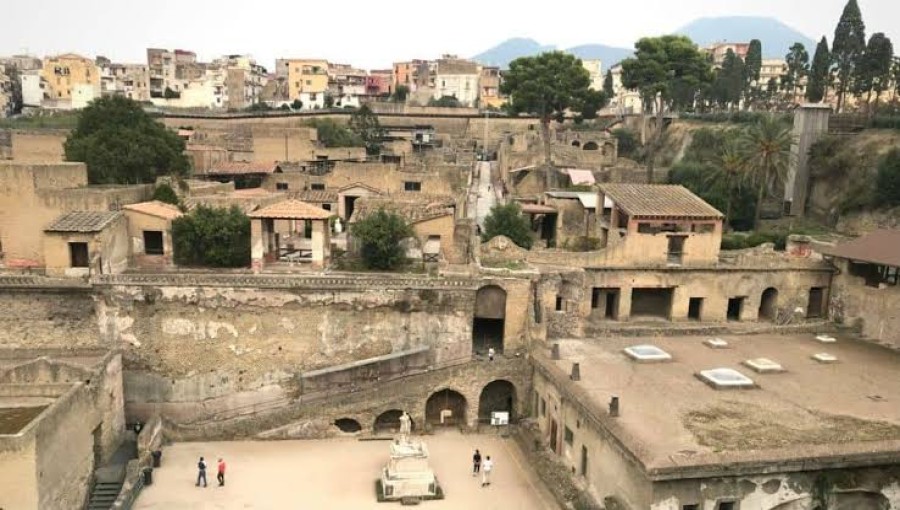

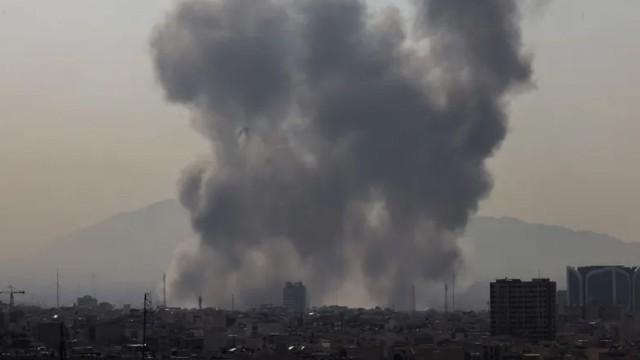


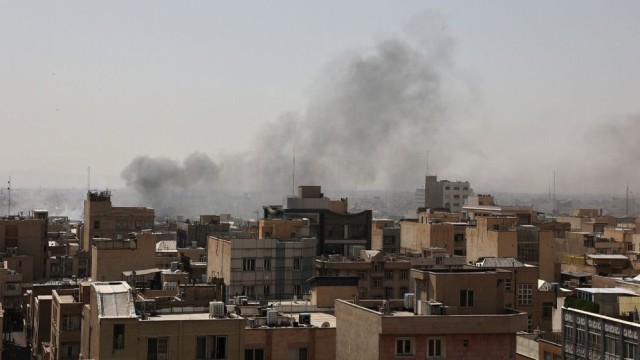

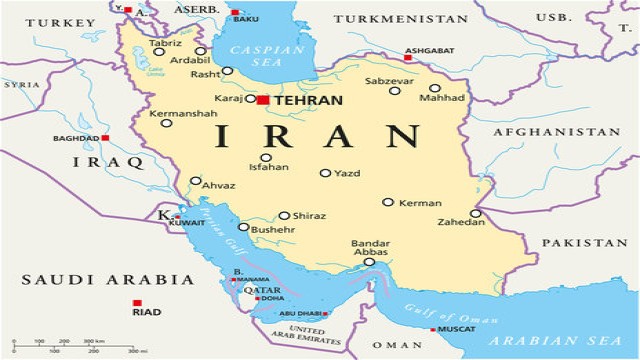




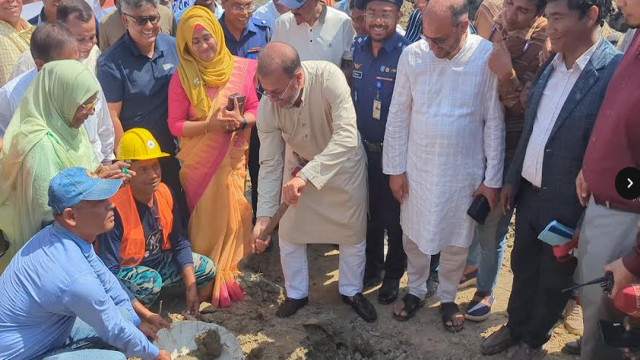














Comment: